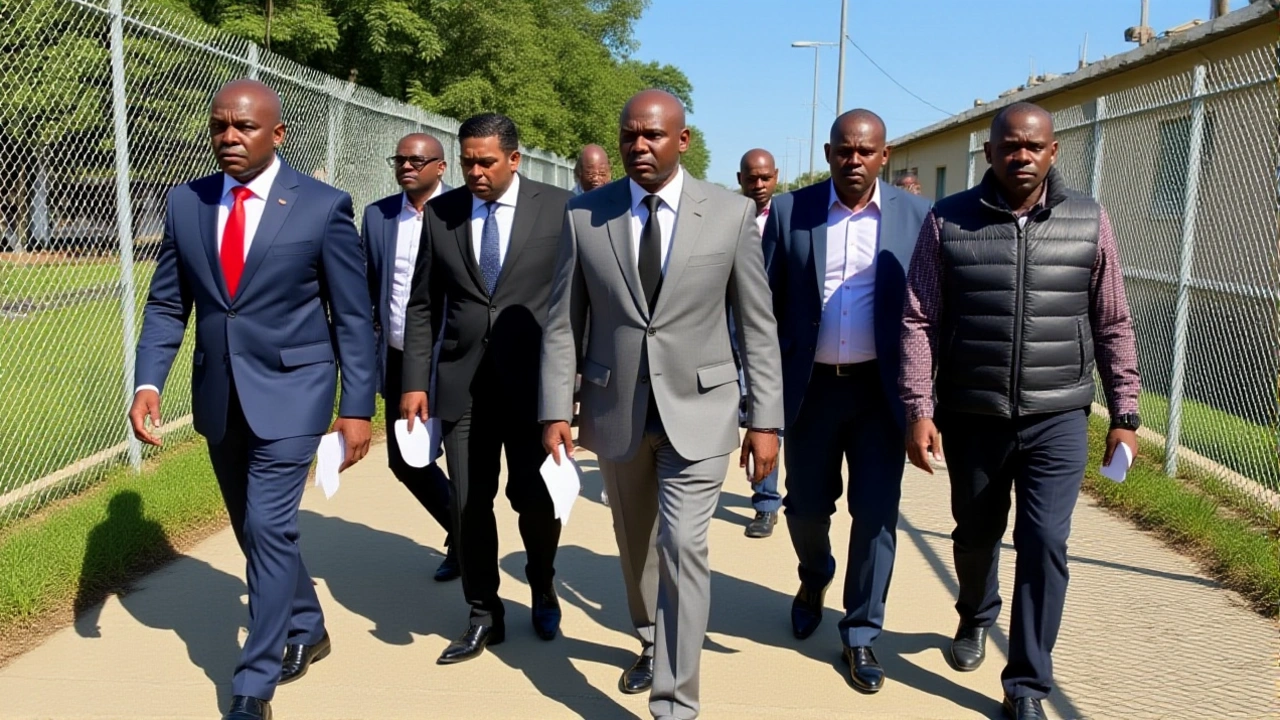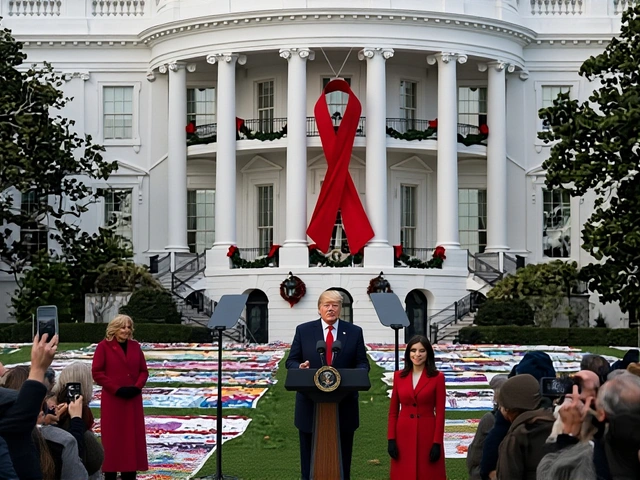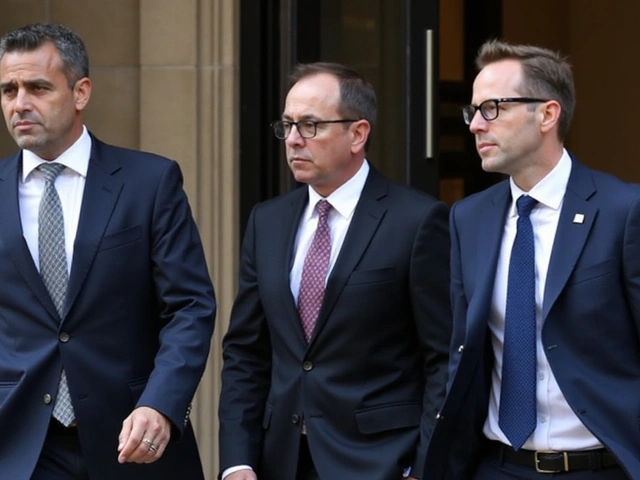Corruption in Africa – What It Means and Why It Matters
When we talk about corruption, the misuse of public or private power for personal gain. Also known as misconduct, it erodes trust, hampers development and fuels inequality across the continent. Corruption isn’t a buzzword; it shows up in every sector, from oil fields to school budgets, and the stories you’ll see below illustrate how deep it runs.
Key concepts that shape the fight against corruption
Two ideas often surface when journalists and watchdogs dissect corrupt practices: transparency, open access to information about decisions, spending and contracts. When transparency thrives, it reduces the room for hidden deals. The second pillar is accountability, the obligation of officials to answer for their actions. Accountability requires mechanisms such as audits, courts and a free press. Together, transparency and accountability strengthen governance, which is the third entity we’ll touch on. governance, the structures and processes that direct public resources influences how easily corruption can take root. In short, corruption undermines governance; good governance needs transparency; transparency enables accountability. Those three semantic triples keep the conversation grounded.
Our recent African coverage shows these links in action. In Kenya, MPs grilled a permanent secretary over a delayed youth‑empowerment programme, exposing a possible diversion of a $30 billion fund – a classic case where lack of transparency fuels suspicion. Nigeria’s new oil‑sector reforms, praised by business leaders, aim to tighten NNPC oversight, a direct attempt to boost accountability in a historically corrupt industry. Kenya’s Directline Assurance scandal, where a shareholder tried to slip Ksh 400 million out of the insurer, triggered a regulator‑led freeze – an example of governance mechanisms finally kicking in. Even political reform talks, like the push for a directly elected INEC chair in Nigeria, hinge on the belief that more accountable election bodies can curb vote‑buying and bribery. Each of these stories reflects the same pattern: when transparency and accountability improve, governance gets a boost, and the space for corruption shrinks.
Below you’ll find a curated list of articles that unpack these dynamics from different angles – from investigative pieces on funding gaps to analysis of policy reforms. Whether you’re tracking a specific scandal or looking for broader trends, the collection gives you a front‑row seat to how corruption, transparency, accountability and governance intersect across Africa.
Former Bungoma Governor Wangamati Pleads Not Guilty to KES 31.8 Million Graft Case
By Sfiso Masuku On 21 Oct, 2025 Comments (19)

Former Bungoma Governor Wycliffe Wangamati pleads not guilty to KES 31.8 million graft charges, sparking a high‑stakes legal battle ahead of Kenya's 2027 elections.
View More




